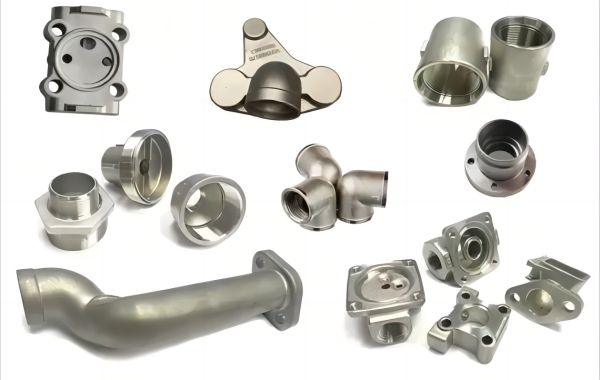Depending on the type of job at hand, your pump material is critical. Corrosion can occur in many ways when using a pump, so choosing the correct pump material for the right job is critical.
Cast iron is the most common housing material when looking for an electric pump. This is usually because cast iron is a relatively inexpensive metal in terms of production, but for more demanding applications, cast iron construction, especially the impeller, can result in a shortened pump life. However, a cast iron casing with bronze impeller parts can be a good and cost effective combination.
Stainless steel is corrosion resistant and is often recommended for pumps that need to be usable with a wide variety of non-flammable liquids. Electric sump pumps, high capacity centrifugal pumps and submersible pumps typically consist of stainless steel housings and drive hardware when rated for trash, sewage, solids or non-flammable chemical pumping duties.
Of the common housing and impeller materials you typically find in electric water pumps, bronze (an alloy of copper and tin) offers the best resistance to cavitation, cost, wear and corrosion for almost any water, trash, solid Combined or other non-corrosive pumping operations. Pumps made of bronze are ideal for saltwater and warm water environments. In some cases, brass (an alloy of copper and zinc) pumps are more resistant to corrosion.
Aluminum is lightweight (nearly one-third the weight of steel) and easy to cast, while also offering good durability and corrosion resistance. Aluminum pumps are often suitable for applications that require a highly portable pump to get the job done.
More hazardous, corrosive or flammable applications require special alloys. In some low power applications, plastics can be used instead of alloys, but they have lower pressure limitations.
I hope this article helped you understand the pros and cons of various materials and help you choose an electric water pump.







